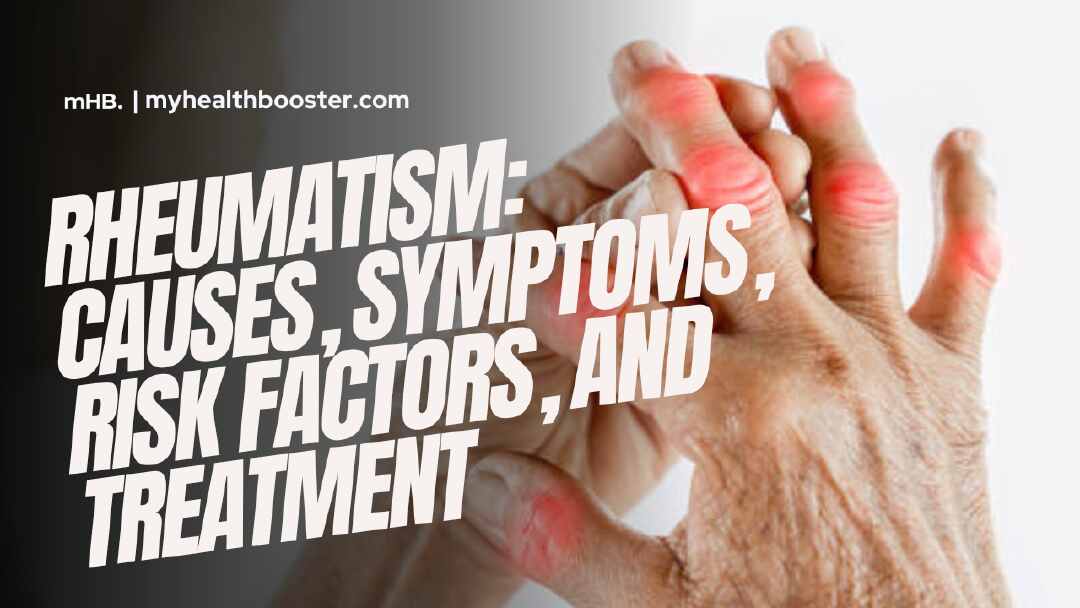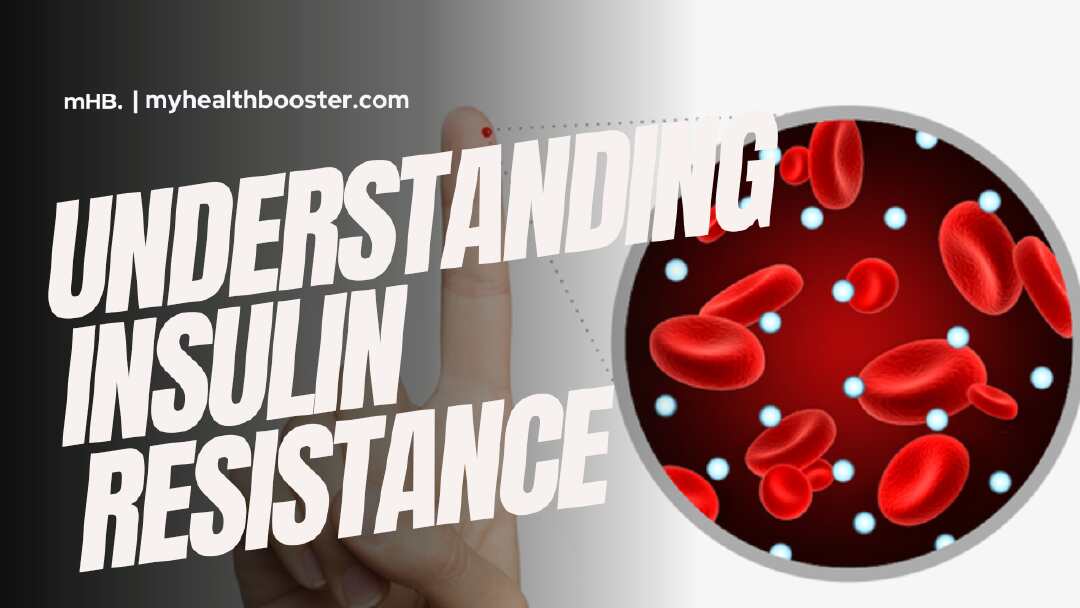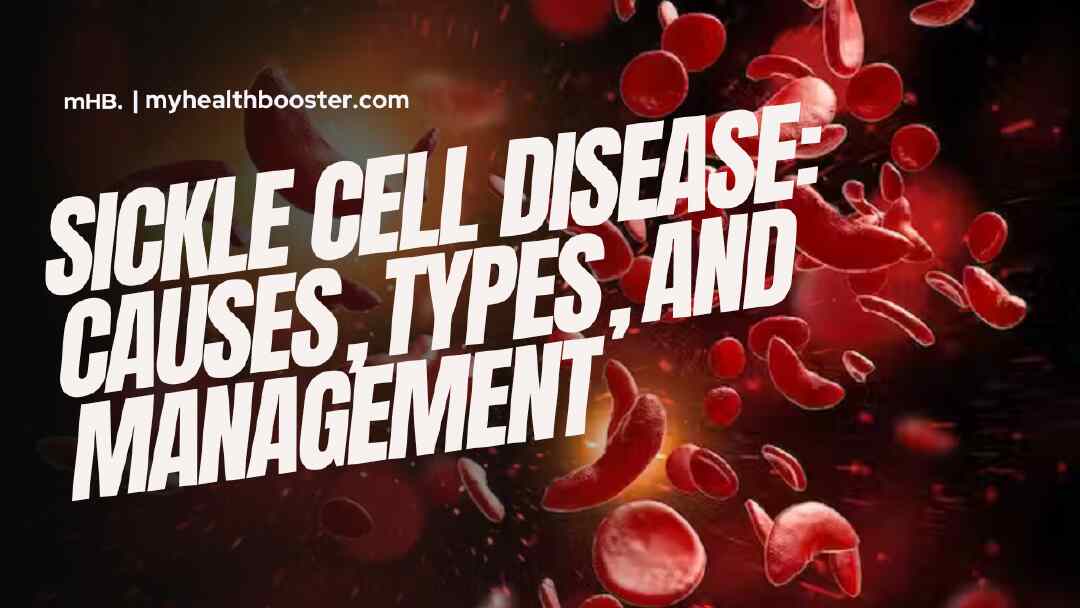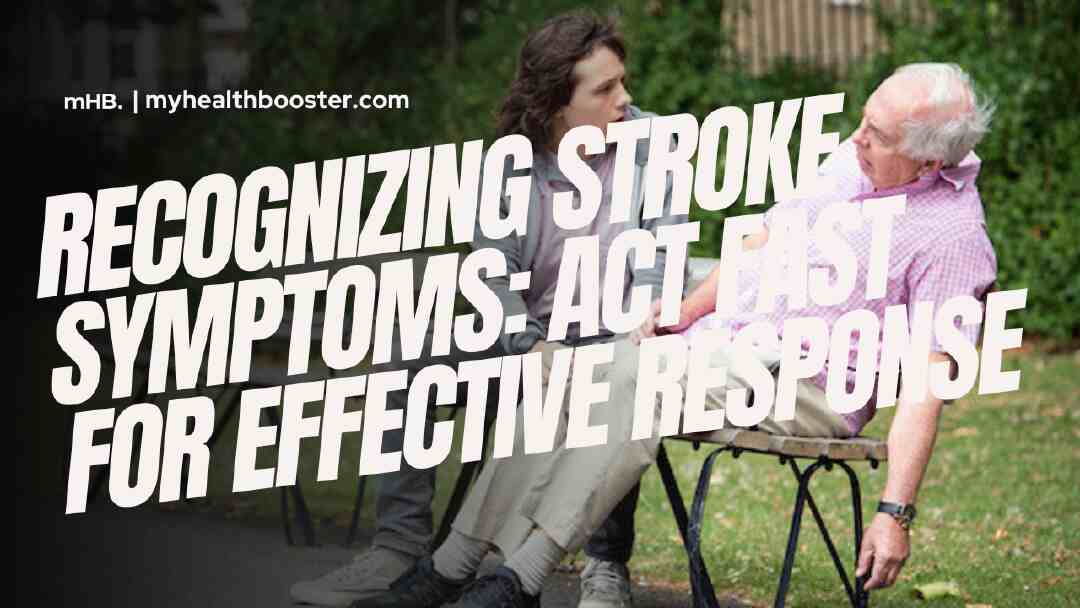Rheumatism: Causes, Symptoms, Risk Factors, and Treatment
Rheumatism is a term used to describe a variety of painful conditions that affect the joints, muscles, tendons, ligaments, and other parts of the musculoskeletal system. This umbrella term covers a range of disorders, including arthritis, and is characterized by symptoms such as joint pain, stiffness, and inflammation. In this article, we will delve into … Read more









